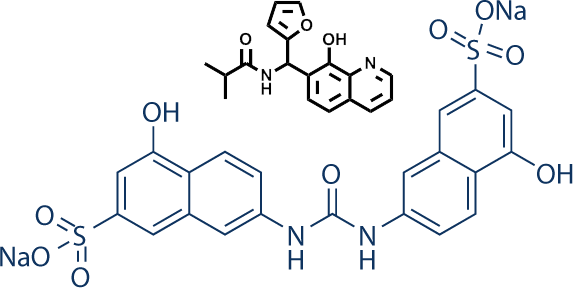This page contains succinct summaries of recently published research in clinical cancer epigenetics . The information posted here is frequently updated, so please bookmark this page and visit us often to read the latest news at your leisure.
Latest on histone-mediated clinical cancer epigenetics

Clinical Cancer Epigenetics: Bypassing JQ1 breast cancer resistance. Triple-negative breast cancers (TNBC) are sensitive but can develop resistance to the thienotriazolodiazepine Bromodomain and Extra-Terminal motif (BET) inhibitor JQ1. In resistant cells, activity of PP2A phosphatase, a tumor suppressor gene known to associate to breast cancer chemoresistance, is reduced, and BRD4 phosphorylation, binding to MED1, and recruitment to chromatin are increased. Combination therapy of TNBC with JQ1 and CK2 casein kinase inhibitor CX-4945 or PP2A activator perphenazine overcomes chemoresistance on patient-derived primary human TNBC cell line xenografts (James E. Bradner, Kornelia Polyak and coll., Dana-Farber Cancer Institute, Brigham and Women’s Hospital, and Broad Institute, Boston or Cambridge, MA, USA).

Clinical Cancer Epigenetics: Attacking AML on two epigenetic fronts. The H4R3 methyltransferase PRMT1 requires the H3K9 demethylase KDM4C (GASC1, JHDM3C, JMJD2C) to mediate epigenetic reprogramming of acute myeloid leukemia (AML) and is necessary for leukemic transformation by several different leukemia chimeric transcription factors. Pharmacological inhibition of KDM4C by SD70 and of PRMT1 by AMI-408 suppresses both the transcriptional and transformation potential of the chimeric fusions, unveiling potential clinical applications to targeting the epigenetic pair in AML (Chi Wai Eric So and coll., King’s College London, London, UK).
